Doing business under US sanctions: a Huawei success story
Doubling down on R&D, diversifying its business, and seeking out ripe new markets – the resurgence of Huawei carries lessons for all businesses
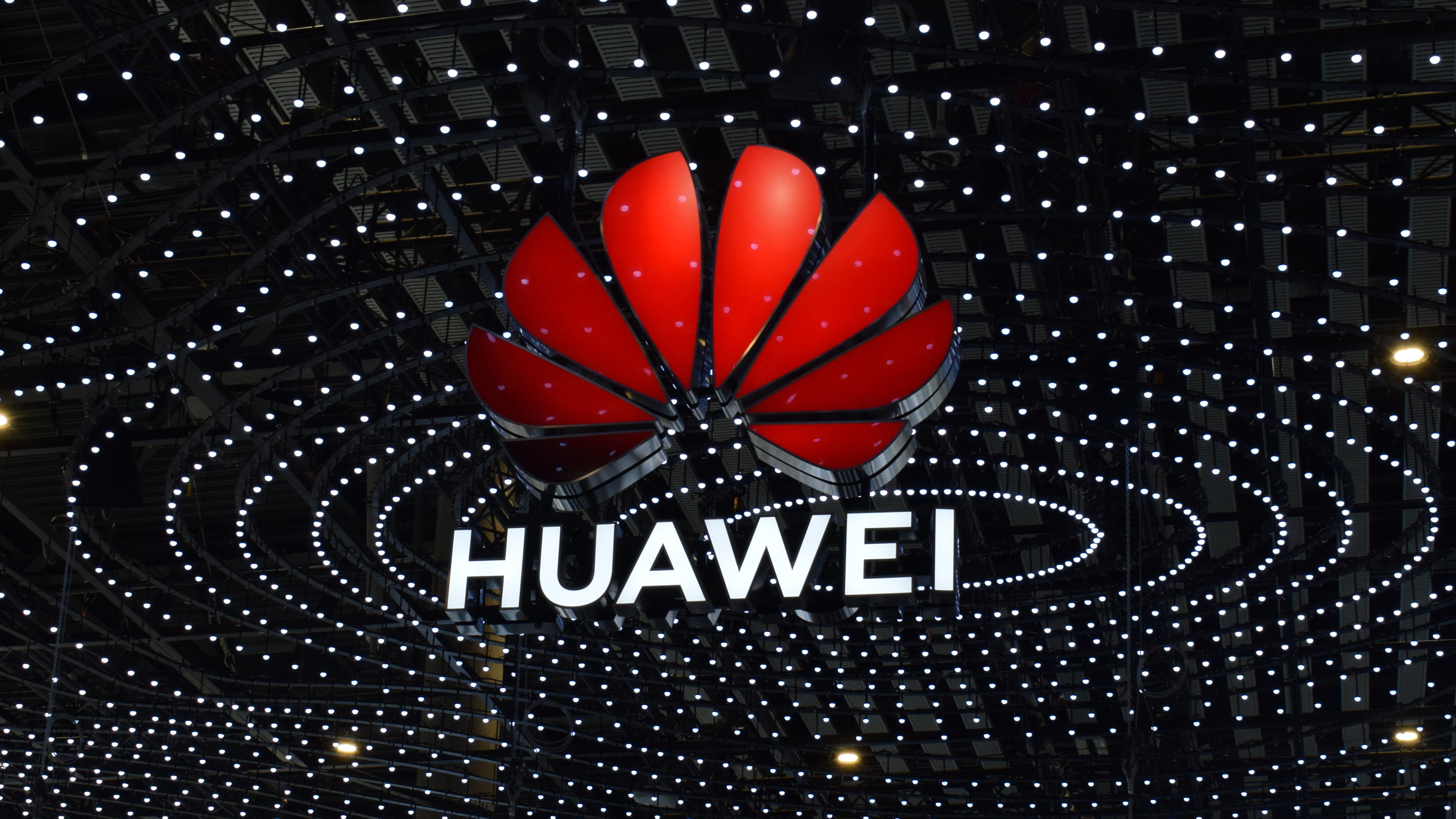

In many ways, Mobile World Congress (MWC) is the perfect way for Huawei to highlight its business and vast offerings. The whole event is a siloed extravaganza of diverse technologies with far too much on display to understand or fully hold in your head all at once.
It all comes together, however, if you build it out piece by piece. Traditional telecommunications services are the foundation – 5G is the advancer. From there you can spread out to the Internet of Things (IoT) and automation. On top of that, you have innovative cloud services and then, of course, AI – which has taken up a larger platform at MWC 2025.
AI is a feature of much of Huawei’s MWC showcases, deeply embedded in its telco solutions, powering its B2B IoT networks and also enabling more personalized experiences across its consumer and office hardware.
This division overseeing this, known as the Consumer Business Group or CGB to Huawei, is closely aligned with its global reputation. The success of its smartphones took Huawei to a new audience in 2018 and 2019. But it is also known as the segment that felt the US sanctions hardest: in 2021, the company recorded a 28.5% year-on-year decline in revenue. The next year saw a 69% year-on-year decrease in net profit. Without access to US software and silicon, Huawei phones lost their appeal in the West – almost dropping out of big markets, like the UK, overnight.
While that will have hurt, and no doubt caused some job losses, it didn’t land a killer blow. What’s more, it also hasn’t curtailed Huawei’s expanse in Europe. The company has returned to profitability, rather rapidly, with very impressive revenues for 2023 and 2024 – this includes the smartphone business, which is now very healthy. At a company event last year, Meng Wangzhou, Huawei’s chief financial officer, announced that it was no longer in “crisis mode”.
This has led some to suggest that the company is back from the dead, a hyperbolic sentiment that seems to tie too much of Huawei’s overall business fortunes with its consumer goods. While there was a significant hit from the sanctions on its revenues – and there still appears to be trouble here – Huawei sales remained strong domestically and in regions like the Middle East and parts of Europe.
For example, Huawei’s first foldable smartphone was launched before both the pandemic and the sanctions. But just before MWC the firm released a new three-way foldable device, where the screen is made up of three panels that fold up like a glass accordion. For a division that almost ‘killed’ its parent, the continued development is impressive, a testament to the company’s R&D.
Get the ITPro daily newsletter
Sign up today and you will receive a free copy of our Future Focus 2025 report - the leading guidance on AI, cybersecurity and other IT challenges as per 700+ senior executives
Throughout MWC, each Huawei executive talked about the company’s approach to research and development and how it had enabled their division to flourish. From its new cloud storage products to its AI-enabled business tools, the firm is driving innovations across the board. However, it appears that this is also a siloed part of the Chinese giant, with teams split into short-term research and development (which is where its new products and services largely come from) and then long-term R&D – heavy theoretical and mathematical research (moonshot-R&D, if you will) conducted across the world in Huawei labs and various universities. According to its communication team, more than 50% of Huawei’s considerable workforce is in some form of research and development.
Huawei weathers growing trade wars
The sanctions came under the first administration of President Trump, with the White House claiming Huawei was a security risk. To date, there is no hard evidence for this. However, from there the UK imposed its own Huawei ban. This largely extended to removing Huawei hardware from UK telecoms infrastructure, but the National Cyber Security Centre (NCSC) also pointed to US sanctions – essentially claiming Huawei was less secure because it wouldn’t have US technologies and would need to rely on Chinese hardware.
In 2025, the second Trump administration’s sharp trade tariffs have rattled America’s allies and raised uncertainty across international markets. There is a sense that it’s also forcing the rest of the world to either look for new trade relations or rekindle unions that are broken.
US companies might start to feel the pinch in their financials as Trump 2.0 takes full effect. Trade sanctions hurt American companies too; Intel isn’t doing particularly well right now, having ended 2024 with a large cull (15% of its workforce) and the resignation of its CEO Pat Gelsinger. Both of those blows are intrinsically tied to its sluggish revenues and new restrictions that stop it from supplying chips to Huawei will add more difficulty.
For all the governments scrambling to respond to tariffs, and the companies concerned about their supply chains, a lesson can be found in Huawei’s approach to the initial US sanctions. There is a clear method of global business without US dollars, and it’s a fascinatingly simple strategy: diversification. Whether it be new business lines based on sound R&D or launching products and services in emerging markets and untapped regions (the Middle East, Africa, Poland) – Huawei is an example we might all need in these chaotic times.
Bobby Hellard is ITPro's Reviews Editor and has worked on CloudPro and ChannelPro since 2018. In his time at ITPro, Bobby has covered stories for all the major technology companies, such as Apple, Microsoft, Amazon and Facebook, and regularly attends industry-leading events such as AWS Re:Invent and Google Cloud Next.
Bobby mainly covers hardware reviews, but you will also recognize him as the face of many of our video reviews of laptops and smartphones.
-
 Bigger salaries, more burnout: Is the CISO role in crisis?
Bigger salaries, more burnout: Is the CISO role in crisis?In-depth CISOs are more stressed than ever before – but why is this and what can be done?
By Kate O'Flaherty Published
-
 Cheap cyber crime kits can be bought on the dark web for less than $25
Cheap cyber crime kits can be bought on the dark web for less than $25News Research from NordVPN shows phishing kits are now widely available on the dark web and via messaging apps like Telegram, and are often selling for less than $25.
By Emma Woollacott Published
-
 The role of AI and cloud in true digital transformation
The role of AI and cloud in true digital transformationSupported Content Both cloud computing and AI technologies are vital to pushing your business forward, and combining them in the right way can be transformative
By Keumars Afifi-Sabet Published
-
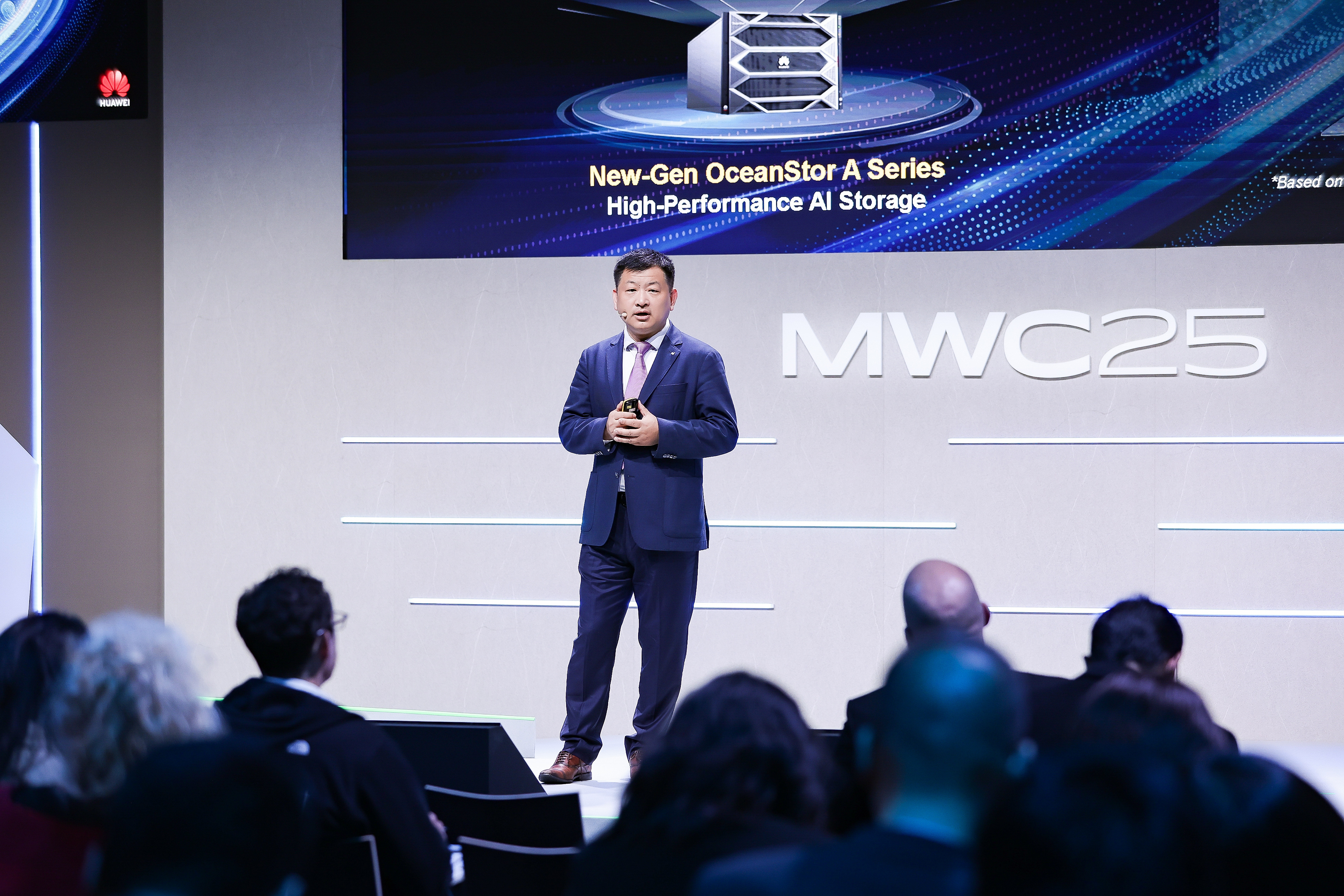 Huawei’s Peter Zhou on the future of data storage to accelerate business digital transformation
Huawei’s Peter Zhou on the future of data storage to accelerate business digital transformationSponsored Content Storage in the era of AI will create new challenges for cold and warm data
By ITPro Published
-
 Huawei empowers SMEs through digital and intelligent transformation
Huawei empowers SMEs through digital and intelligent transformationSponsored Content Huawei launches new solutions and strengthens partnerships to drive digital transformation for SMEs, aiming to empower small businesses in the intelligent era
By ITPro Published
-
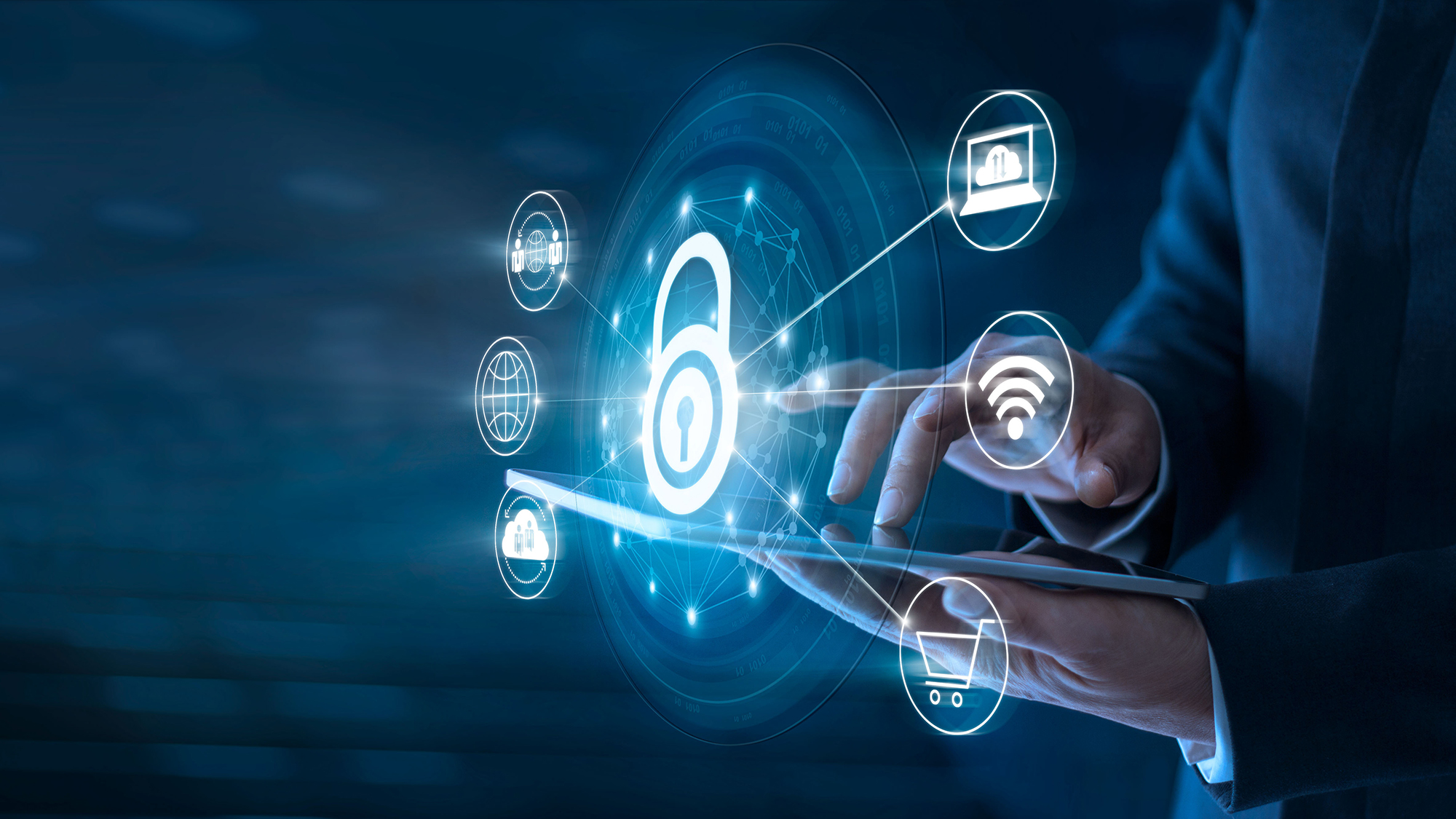 Reshaping traditional industries with technology
Reshaping traditional industries with technologySponsored Content Industries worldwide are on the brink of a new era as technologies like AI, 5G-A, and cloud computing reshape the landscape
By ITPro Published
-
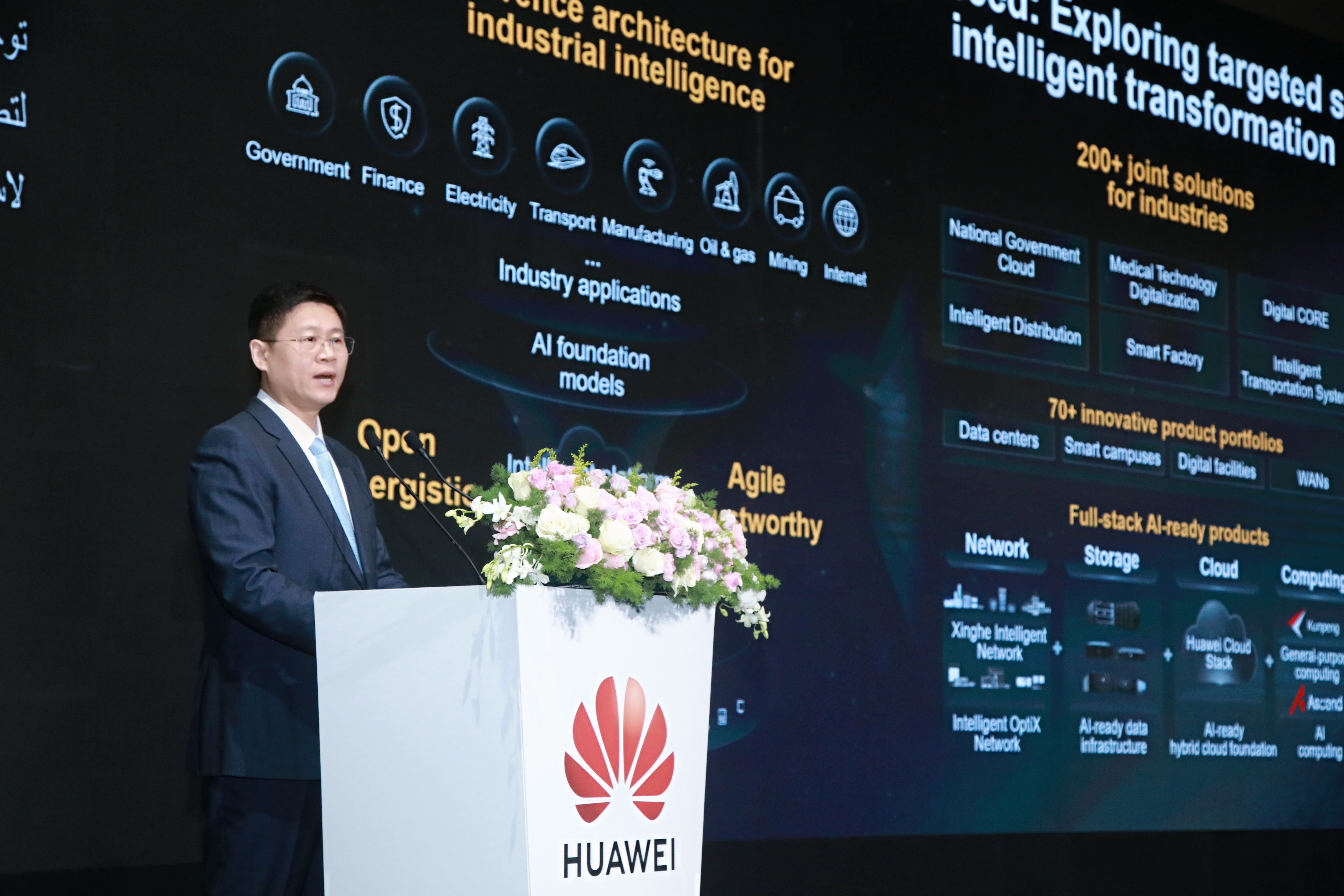 Driving intelligent transformation: Huawei's vision for the future at Gitex Global 2024
Driving intelligent transformation: Huawei's vision for the future at Gitex Global 2024Sponsored Content Li Peng, corporate senior vice president and president of ICT sales and service at Huawei, outlines how the company is leading the way in intelligent transformation, building partnerships, and developing talent to drive global growth in the intelligent era
By ITPro Published
-
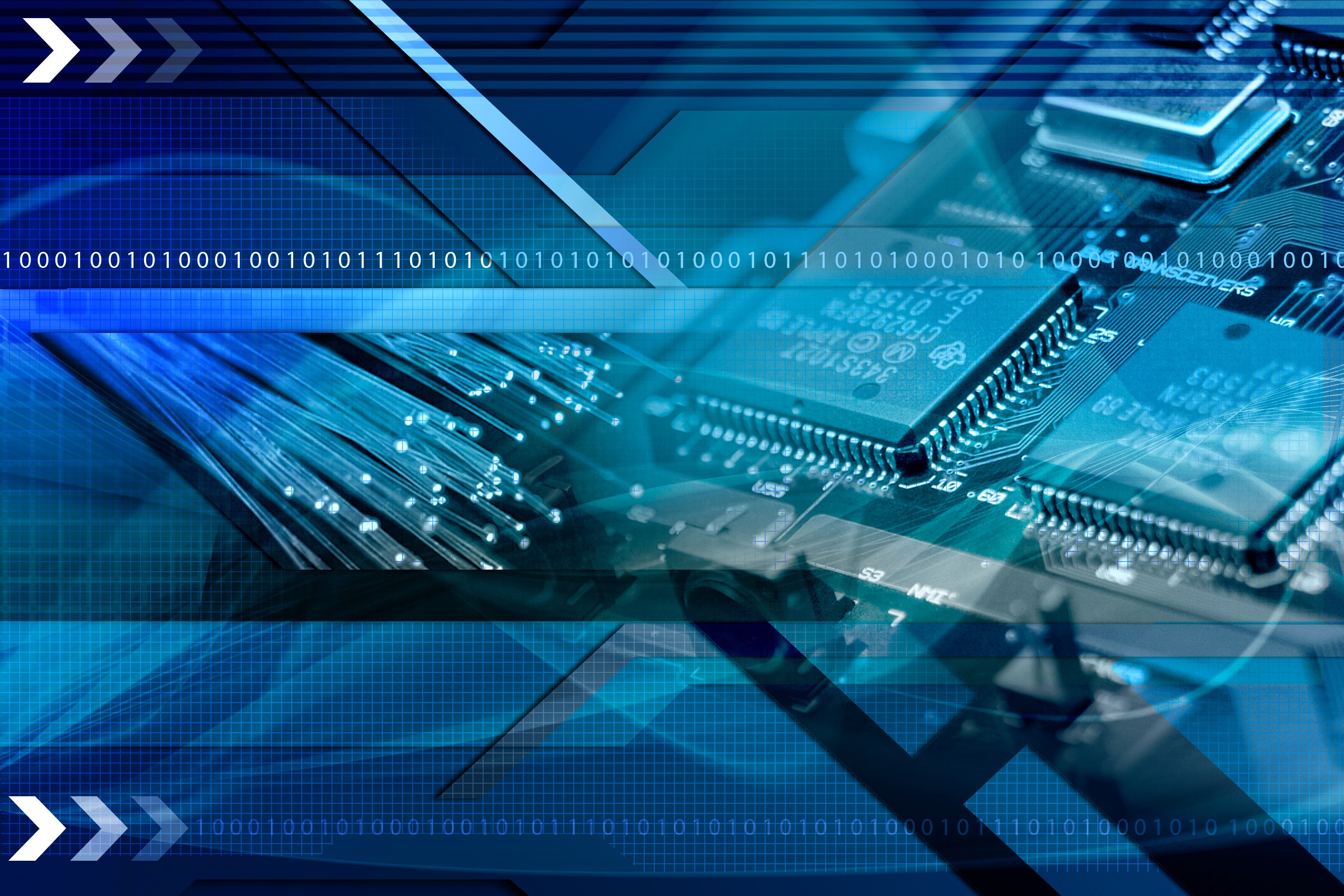 Global digitalization index (GDI) in-depth analysis
Global digitalization index (GDI) in-depth analysisSponsored Content As digital technologies reshape industries and redefine global economies, Huawei’s Global Digitalization Index (GDI) 2024 offers a detailed analysis of how nations can leverage ICT to accelerate growth
By ITPro Published
-
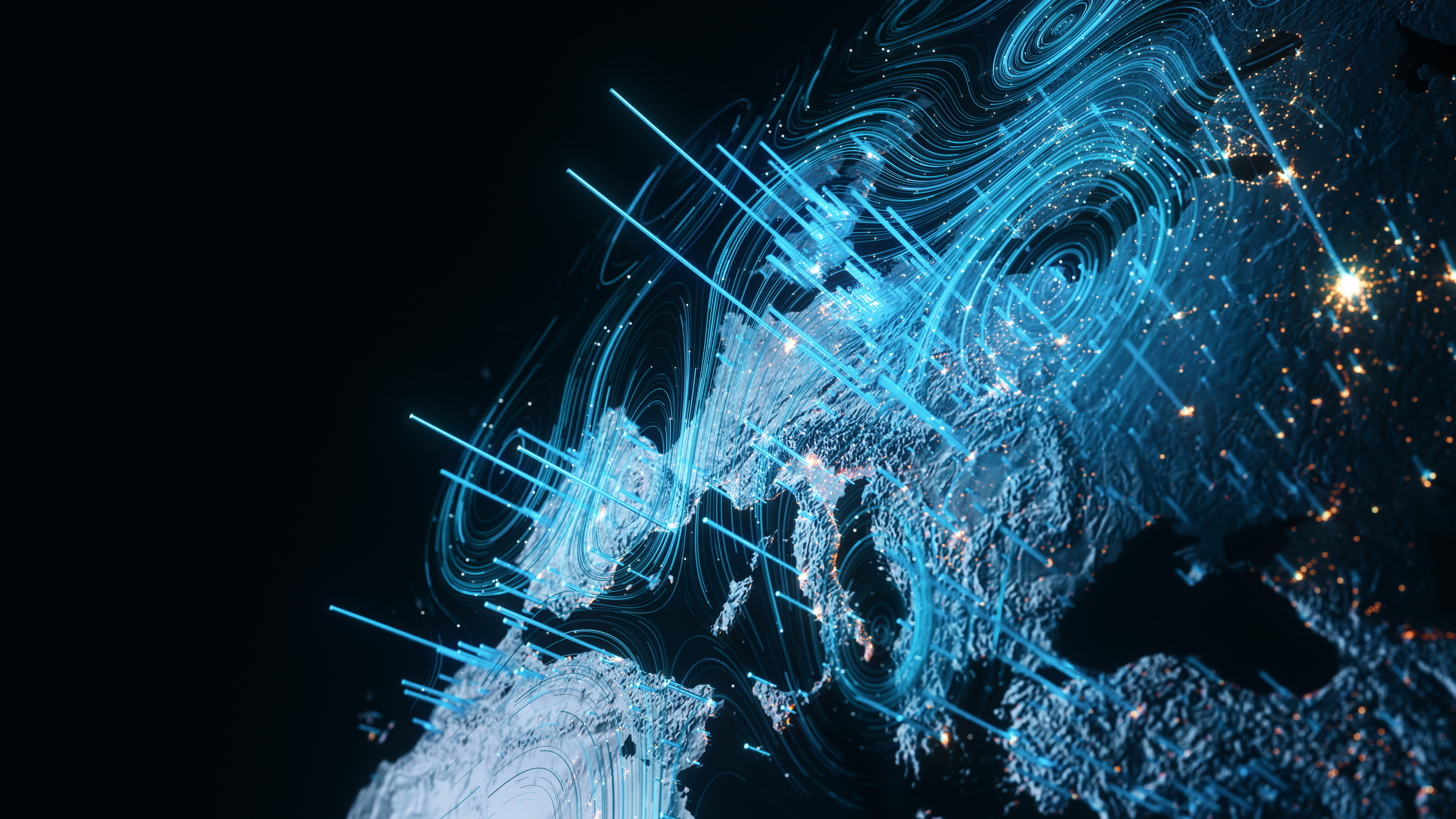 Striding towards the intelligent world
Striding towards the intelligent worldSponsored Content As global industries rapidly shift gears from digitalization to digital-intelligent transformation, data storage emerges as the critical driver of this evolution
By ITPro Published
-
 BT says it needs more time to remove Huawei equipment from UK networks
BT says it needs more time to remove Huawei equipment from UK networksNews The company has until January 2023 to remove the Chinese operator’s equipment in its core network, but has now asked the government for an extension
By Zach Marzouk Published